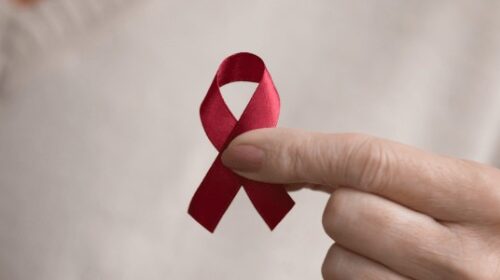The next time you think about chugging a Red Bull to get through the second half of the work day or taking down a Monster before going to the gym, consider these new findings from the University of Maryland. Researchers from the school discovered that young adults who consumed high-caffeine energy drinks were significantly more likely to engage in cocaine, alcohol stimulant or prescription drug abuse. The findings applied to participants who regularly consume these drinks, and not just once in a while. The study was published last June in the Journal of Addiction Medicine, and has raised many questions since its initial release.
While they may seem benign or harmless because they’re legal and very popular among certain demographics, highly caffeinated energy drinks have been the subject of much controversy particularly for the risk they create for the heart and brain. Many experts even say that these drinks can inhibit addiction recovery. Many rehab facilities don’t allow these drinks on premises because of the problematic level of caffeine they contain. Some other common side effects of these drinks can include:
- Caffeine Tolerance
- Accelerated Heart Rate
- Headaches
- Withdrawal Symptoms
- Mental Health Issues
- And More
If you’re experiencing these or other any other symptoms related to your energy drink consumption, consider ceasing use or getting help from a treatment profession.
Although users don’t generally get addicted to energy drinks, these beverages can still play a critical role in altering the brain’s chemistry and causing permanent neuropsychological issues. Whether you take them to stay awake so they can study for a final or you genuinely like the taste, there may be a higher price to be paid than you realize. Think about that before crack open another can of caffeine.

























